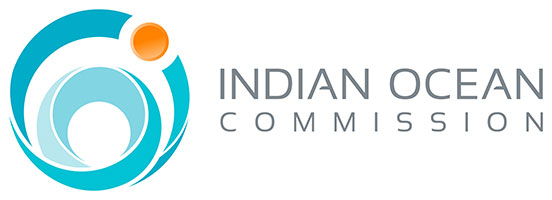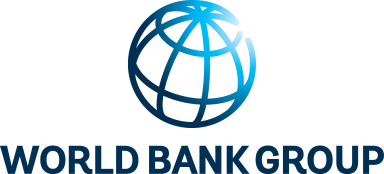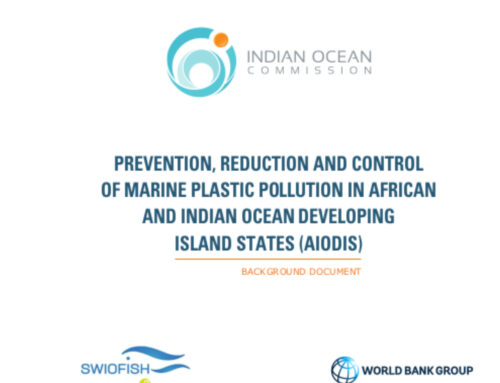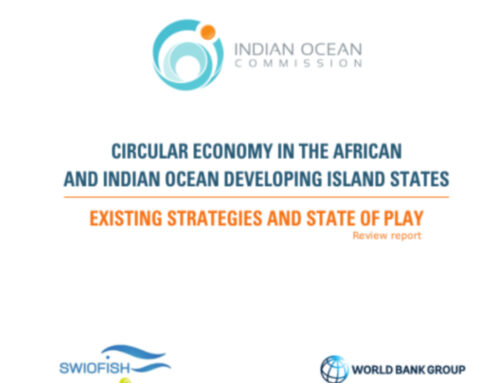This document contains a revised draft version of a report on a consultancy on the assessment of intellectual property (IP) issues related to innovative projects in the field of the circular economy (CE) in the African and Indian Ocean Developing Island States (AIODIS).The study is managed by the Indian Ocean Commission and financed by the World Bank under the ‘Promotion of African & Indian Ocean Island Developing States Blue Economy’ component of the regional ‘South West Indian Ocean Fisheries Governance and Shared Growth Project (SWIOFish2). The AIODIS are Cape Verde, Comoros, Guinea Bissau, Madagascar, Maldives, Mauritius, Réunion, São Tomé and Seychelles. While Réunion included in the analysis and review sections of the paper, no recommendations are made pertaining to its IP regime, as it is a department of France and therefore subject to French law and regulation, unlike the remainder of the AIODIS, which have autonomy over their legislative and regulatory regimes.
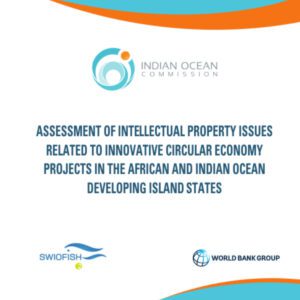 The report is presented in three subsequent overarching sections:
The report is presented in three subsequent overarching sections:
- Section 2 presents the literature review, concept definitions, and contextual insights. Here the reader is presented with the conceptions for key terms such as CE, innovation, diffusion, and IP that are employed in the research effort for the consultancy, as well as some pertinent existing knowledge on topics relating to the research.
- Section 3 reports on three key initial tasks outlined for the consultancy. This includes outlining some implications of the COVID-19 pandemic for the importance of IP issues in relation to CE, a review of relevant best practices with respect to IP rights (IPR) to promote CE worldwide and, finally, a SWOT analysis of the circular innovation landscape across the AIODIS.
- Section 4 focuses on the recommendations to address intellectual property issues to promote the emergence and growth of the CE across the AIODIS. It concentrates on key solution proposals and how to leverage the regional framework with the Indian Ocean Commission. It also outlines and action plan, indicate proactive steps the AIODIS can take at a country level and makes recommendations for adjacent consultancies and resources and capacity-building.
